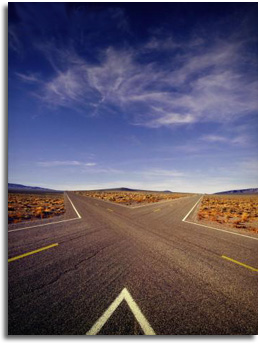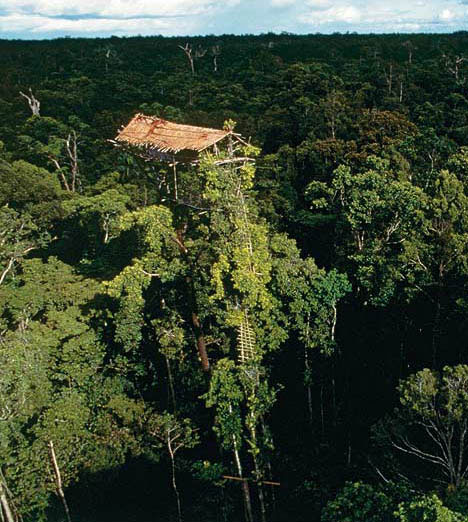A major report published recently by the government’s sustainable development advisor argues, unsurprisingly perhaps to some, that the relentless pursuit of economic growth is one of the root causes of today’s financial meltdown. Not only has the economy finally collapsed revealing serious weaknesses in our financial systems and our management of the economy, but it also failed to deliver growth in a equitable and environmentally sustainable way.
‘Growth has delivered its benefits, at best, unequally. A fifth of the world’s population earns just 2% of global income. Inequality is higher in OECD nations than it was 20 years ago. And while the rich got richer, middle-class incomes in Western countries were stagnant in real terms long before the recesssion. Far from raising tghe living standard for those who most needed it, growth let much of the world’s population down. Wealth trickled up to the lucky few…in the last quarter of a century the global economy has doubled, while an estimated 60% of the world’s ecosystem have been degraded. Global carbon emissions have risen by 40% since 1990 (the Kyoto Protocl ‘base year’). Significant scarcity in key resources – such as oil – may be less than a decade away.’
The report argues that despite the perception that now might not be the best time to question the need for further economic growth (or, indeed a return to better times), a recession is, in fact, the best time to re-assess our value systems and our seemingly relentless desire for wealth. We have reached an important and world-defining crossroads:
‘This may seem an inopportune moment to question growth. It is not. On the contrary, this crisis offers the potential to engage in serious reflection. It is a unique opportunity to address financial and ecological sustainability together.’
The report argues that we need to ‘address the social logic of consumerism.’ This will be particularly difficult for the West, where consumption represents our society’s dominant value system. The report argues that the structures that dominate our society ‘sends all the wrong signals, penalising ‘good’ environmental choices and making it all but impossible, even for highly-motivated people, to live sustainably without personal sacrifice.’

The report makes very valid points, but I fear society has walked too far down the infinite path of consumerism and growth, to return with ease to a set of values that rejects consumption and embraces the simple, non-material things in life. Unfortunately something much more dramatic than the recession is needed to bring about systemic change. My fear is that the recession and the widespread fear within society of its possible impact on our standards of living, has only consolidated economic growth as king.

3 comments
Comments feed for this article
April 16, 2009 at 3:43 pm
sustainableslump
Some of the most challenging issues are about the relative implications of a zero-growth economy for rich and poor people. Interestingly, DFID is a launching a process to look at what “Sustainable Lives” in the UK would mean for Sustainable Lives among poor people in developing countries.
April 17, 2009 at 9:32 am
sustainableslump
Indeed – Great point. I might even write a blog about that!
April 20, 2009 at 9:16 am
sustainableslump
I recently came across an interesting poll in The Week, which quoted the Sunday Times, which I felt was quite pertinent to the subject of this post. Apparently 27% of the British middle class have ‘questioned their core values as a result of the credit crunch’ and 41% ‘said they will now place less importance on material possessions’. Perhaps I was wrong about my fears that the recession would do little to make society question its unrepentant quest for economic growth and endless consumption…..